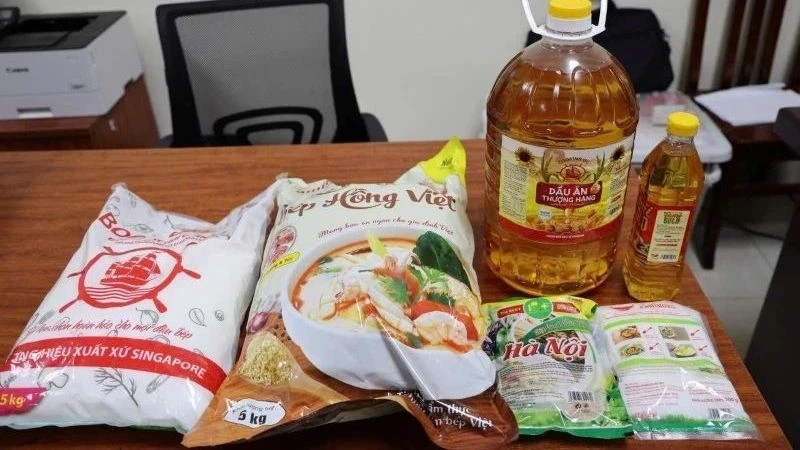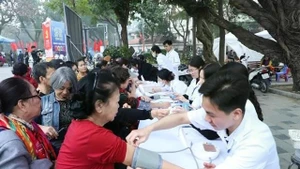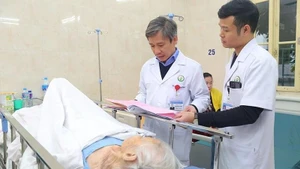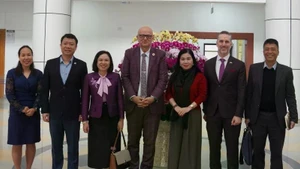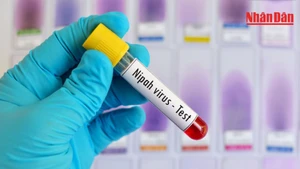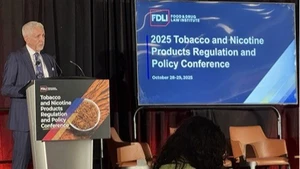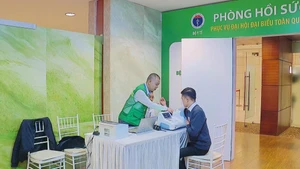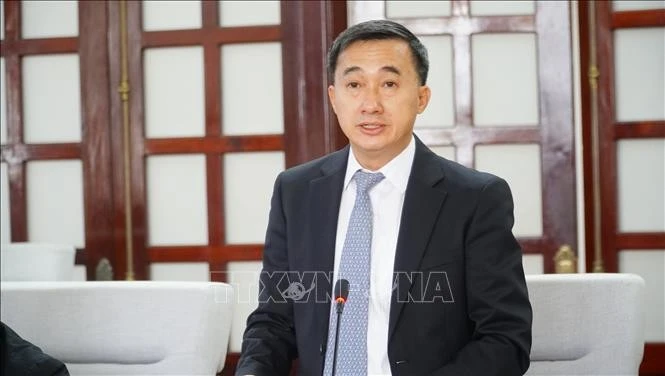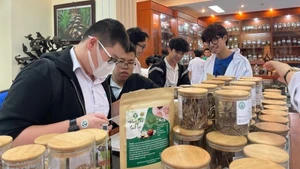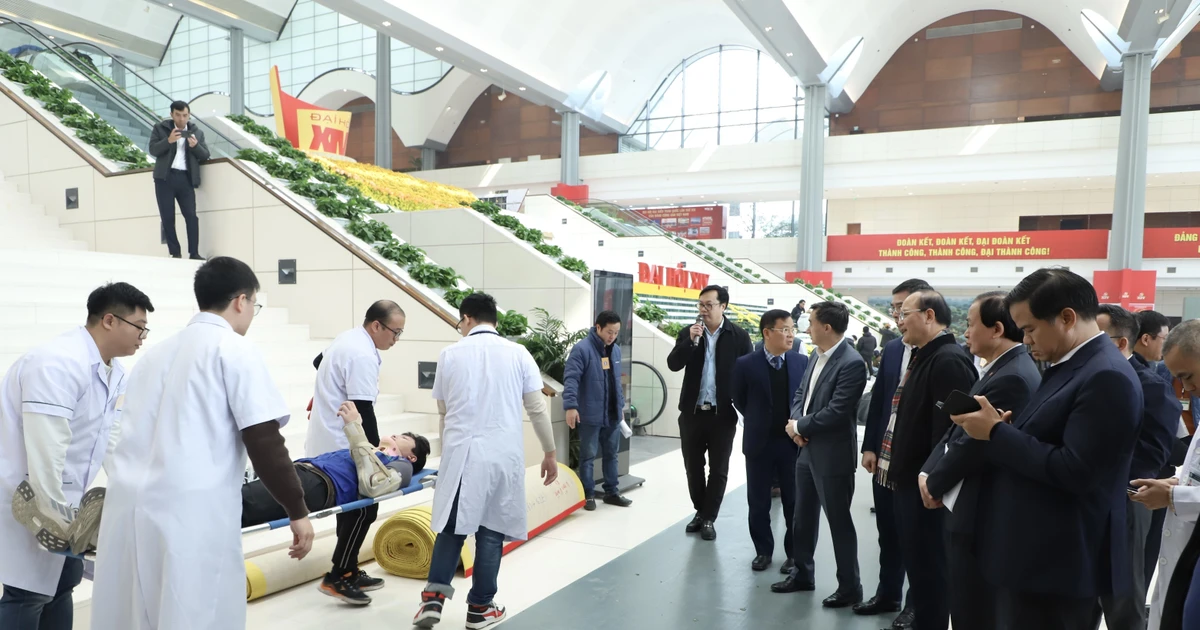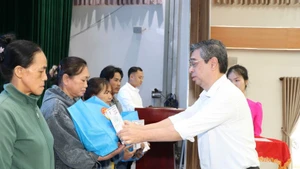In an effort to further enhance food safety and prevent poisoning incidents, the Central Intersectoral Steering Committee on Food Safety launched the Action Month for Food Safety (April 15 – May 15), themed “Ensuring food safety, with a focus on collective kitchens, catering services and street food”.
During this campaign, localities nationwide have established intersectoral inspection teams to examine food production and trading establishments within their jurisdictions.
In Ha Noi, three inspection teams were formed to review the implementation efforts of districts and towns according to the campaign’s themes. The city also imposed maximum penalties within its jurisdiction on organisations and individuals found violating food safety regulations. Beyond the city level, local authorities in districts and towns have also deployed their own inspection teams.
Initial findings have revealed that a number of businesses failed to present commitments to food safety, workers’ health certificates, and training on food safety knowledge. Many lacked documentation to verify the origin of raw ingredients and packaging, and product labelling and self-declared information were often incomplete or non-compliant with regulations.
In Da Nang, in addition to the inspection teams, the city’s public security force, specifically the Department for the Investigation of Corruption, Economic Crimes, Smuggling and Environmental Crimes, took the lead in coordinating with the city’s Food Safety Management Board and relevant departments to combat and handle violations. These include the production and trading of unsafe food and collective kitchen operations, as well as the sale of smuggled, untraceable, or expired food products.
To ensure such efforts are effective and go beyond the framework of the action month, the role of local authorities and functional agencies is essential. It is vital to avoid avoid the situation of "achievement disease" and following "trends".
Party committees and local administrations must focus on strong leadership and consistent implementation of food safety policies and laws. Food safety targets and indicators should be integrated into local socio-economic development programmes and plans. Authorities should pursue administrative decentralisation and reform management methods to prevent overlaps and gaps in oversight.
Moreover, a firm stance must be taken against the evasion or shifting of responsibilities.
Functional agencies should enhance coordination with the health sector in inspecting, supervising, and monitoring food safety. These activities must be conducted on a regular and continuous basis.
There must be resolute action to detect, prevent and strictly handle violations. It is equally important to proactively combat corruption and group interests in this sector, while encouraging grassroots movements to expose and reject unsafe products and goods. At the same time, it is necessary to promote the development of safe, high-quality food supply chains, prioritise the establishment of specialised farming zones, and support clean, safe agricultural production at the local level.
In parallel, individuals and businesses involved in food production and trading must continue to take responsibility for safeguarding public health, guided by the principle: “Do not trade health for profit”.
Furthermore, every citizen should become a “smart consumer” in their daily food choices, actively resisting counterfeit, substandard products and commercial fraud in their communities. These are practical actions that can contribute to ensuring food safety and preventing food poisoning.
